Specifically, compared to the 8 Asian teams that have qualified for the 2026 World Cup finals, including Japan, South Korea, Iran, Australia, Saudi Arabia, Qatar, Uzbekistan and Jordan, Southeast Asian teams are clearly at a disadvantage.
Even compared to the two teams preparing to compete in the play-off round 5 of the 2026 World Cup qualifiers in Asia, Iraq and the UAE, the Southeast Asian teams also have lower scores. The proof is that Indonesia just lost to Iraq in the match of the 4th qualifying round of the Asian zone. This was the loss that eliminated Indonesia from the World Cup.
Indonesia entered the 4th qualifying round, while other Southeast Asian teams, including Vietnam, Thailand and Malaysia, were eliminated from the 2nd qualifying round of the Asian region.
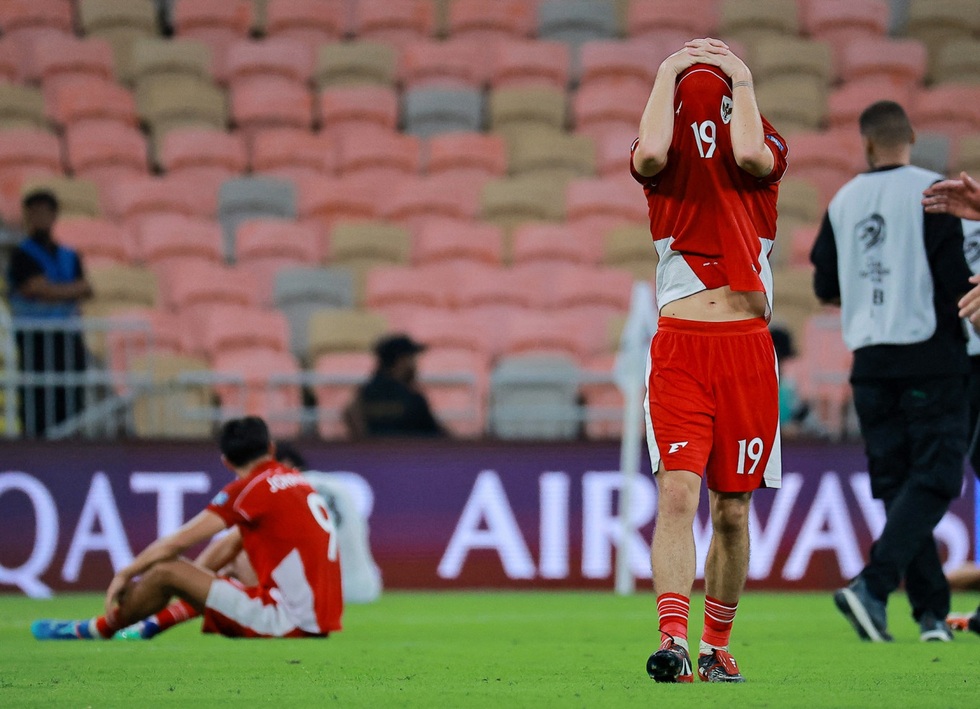
Using 19 out of 23 naturalized players on the registration list, Indonesia still does not have a ticket to the World Cup (Photo: Reuters).
Naturalizing players cannot change the nature of football.
It is a fact that football teams in Southeast Asia are now flooded with naturalized players. Three teams in particular, Indonesia, Malaysia and the Philippines, currently use mostly naturalized players in their squads.
Of the 23 Indonesian players registered to participate in the 4th round of the 2026 World Cup Asian qualifiers (taking place from October 9 to October 14), 19 players were born outside the archipelago, including 16 born in the Netherlands, one born in Spain, one born in Finland and one born in Belgium.
In the list of 23 Malaysian players participating in the matches with Laos in the third qualifying round of the 2027 Asian Cup, on October 9 and October 14, there are up to 8 naturalized players. That does not include 4 naturalized players who were previously eliminated from the preliminary list, along with 7 other naturalized players who are receiving a "suspension" from FIFA, for using fake documents.
The problem is that these naturalized players have not brought success to the teams in the region, but have created trouble for these very teams.
For example, the Malaysian team is facing the risk of being eliminated from the 2027 Asian Cup, or even banned from international competition for a period of time, related to the case of 7 players Gabriel Palmero, Facundo Garces, Rodrigo Holgado, Imanol Machuca, Joao Figueiredo, Jon Irazabal and Hector Hevel using fake profiles.
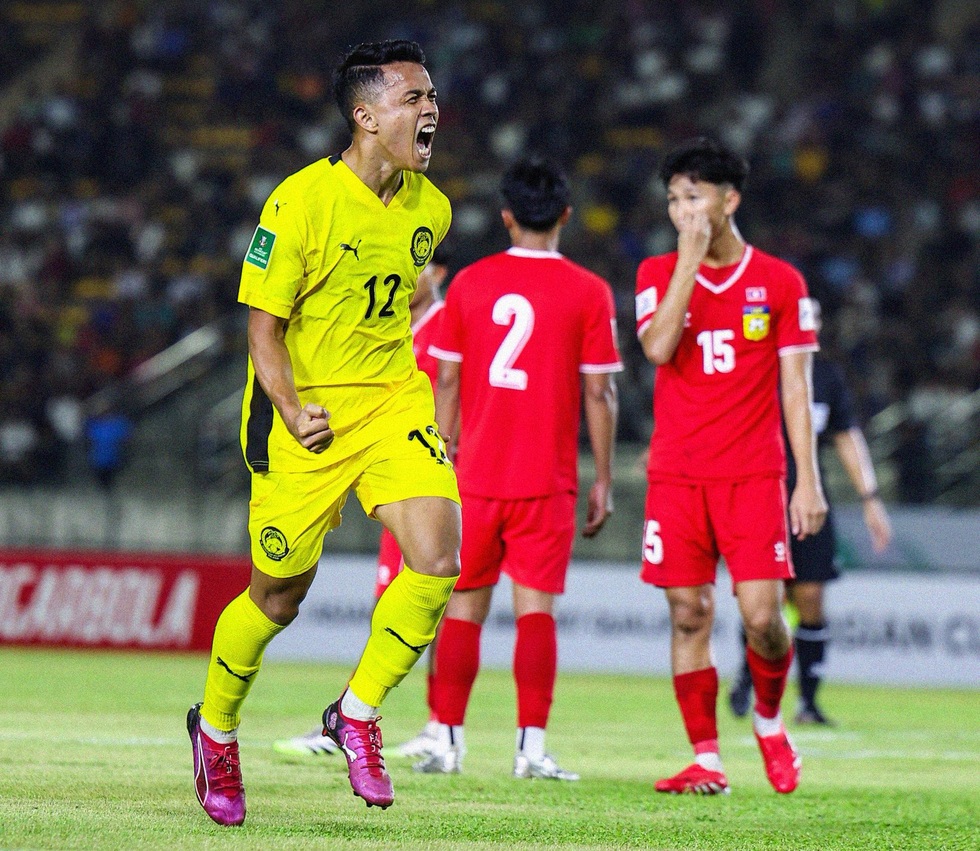
Malaysia national team in trouble because of naturalized players (Photo: FAM).
Along with the risk of being disciplined, the reputation of Malaysian football is seriously declining internationally, and the trust of Malaysian public opinion in the country's football is also declining.
Malaysia's New Straits Times once exclaimed: "FAM should stop fighting FIFA, and focus on reforming itself."
Former Vice President of the Southeast Asian Football Federation (AFF), former Vice President of VFF Duong Vu Lam commented frankly: "It is a fact that highly skilled players will not be naturalized to play for Southeast Asian teams."
“For example, the midfielder of Indonesian origin who is playing for Manchester City of England, Tijjani Reijnders, refused the invitation to play for the Indonesian national team to join the Dutch national team. Only his younger brother, Eliano Reijnders, agreed to the offer from the Indonesian Football Association (PSSI), but Eliano Reijnders' level is not as high as his brother.
That is also the common situation of players of European origin who agree to play for teams in Southeast Asia. But if they are players with only average skills in Europe, their ability is not higher than that of players from the top football countries in Asia," Mr. Lam added.
Sharing the same opinion with Mr. Duong Vu Lam, former head coach of the Vietnam U23 team, Mr. Hoang Anh Tuan, once commented: "Even the latest group of naturalized players from Malaysia are not world-class superstars. They may be better than the local players of Malaysia, but they are not the type of players that cannot be stopped."

Malaysian naturalized players are not world-class superstars (Photo: NST).
“I think the Vietnamese team’s heavy 0-4 loss to Malaysia in the first leg of the 2027 Asian Cup qualifiers was due to many mistakes in our playing style. This loss does not reflect that the naturalized Malaysian players are superior to the Vietnamese players, and certainly does not reflect that the above players will help Malaysia reach the top level in Asia,” Mr. Tuan added.
Quality must come from the foundation
Shortly after Indonesia’s defeat to Saudi Arabia and Iraq in the World Cup qualifiers and shortly after Malaysia’s troubles with naturalized players, Thailand’s Siam Sport commented: “Naturalized players can strengthen Southeast Asian teams, but they are not magicians. They cannot change everything overnight.”
“Naturalized players are not a miracle cure to help weak teams transform. Indonesia, with a squad of naturalized Dutch players, still suffered heavy losses to Japan (one 0-4 loss, one 0-6 loss) and Australia (1-5) in the 2026 World Cup qualifiers.
Furthermore, using too many naturalized players weakens the internal strength of each football country, causing locally trained players to no longer have the opportunity to contribute to the football of their home country," Siam Sport added.
Meanwhile, former Vice President of AFF and former Vice President of VFF Duong Vu Lam gave two different examples, one case of using naturalized players and one case of self-training players, thereby warning football foundations in the region.
Mr. Lam analyzed: "When FIFA increased the number of Asian slots to participate in the 2026 World Cup, the UAE also considered strengthening its strength with naturalized players. This Arab football industry does not lack money, but until now they still do not have a ticket to the World Cup."

Vietnamese football has lessons from neighboring football backgrounds, so it can choose the right path for development (Photo: Khoa Nguyen).
“Therefore, money is not everything, naturalized players are not enough for teams to transform. On the contrary, teams like Uzbekistan and Jordan have tickets to the World Cup with players trained by themselves.
Uzbekistan, in particular, follows the model of Japanese football, they persevere in training, improve football facilities, and improve the domestic competition system. The U23 Uzbekistan team has been continuously successful in the U23 Asian tournaments since 2018, before their national team has reached the finish line, showing the right direction of Uzbekistan football," Mr. Duong Vu Lam continued to analyze.
That also means that when football teams in Southeast Asia have not been as successful as expected and have not been able to reach the World Cup tickets, it is due to the training process and the domestic football foundation of each football country has not reached the required level.
Football foundations like Thailand and Vietnam need to continue developing these stages, need to be patient and have a scientific roadmap, instead of "taking shortcuts" by using naturalized players, which can easily create the opposite effect like Indonesia (young players lose the opportunity to join the national team) and Malaysia (leaving a bad image, with suspicions of using fake profiles for foreign-born players).
In fact, the Thai national team was very close to qualifying for the 1998 and 2002 World Cups, the golden age of Thai football, with a generation of very good players such as Kiatisuk, Natipong Sritong-in, Tawan Sripan, Dusit Chalermsan...
It's just that at that time, Asia did not have as many World Cup spots as it does now, so the chances of Asian teams to reach the World Cup were smaller than they are now. At the same time, Thai football has been going through a period of ups and downs in recent years, not the teams in Southeast Asia, with their own strength, completely hopeless when looking at World Cup tickets.
Consistency in youth training, as well as consistency in developing the domestic football system will be the key factor in improving the quality of teams in the region. The question is whether Vietnamese football or Thai football, or other football in Southeast Asia, will be patient to the end on this path or not?
Source: https://dantri.com.vn/the-thao/indonesia-that-bai-va-vi-tri-cua-dong-nam-ao-ban-do-bong-da-chau-luc-20251016005326897.htm



![[Photo] Nhan Dan Newspaper launches “Fatherland in the Heart: The Concert Film”](https://vphoto.vietnam.vn/thumb/1200x675/vietnam/resource/IMAGE/2025/10/16/1760622132545_thiet-ke-chua-co-ten-36-png.webp)



![[Photo] General Secretary To Lam attends the 18th Hanoi Party Congress, term 2025-2030](https://vphoto.vietnam.vn/thumb/1200x675/vietnam/resource/IMAGE/2025/10/16/1760581023342_cover-0367-jpg.webp)
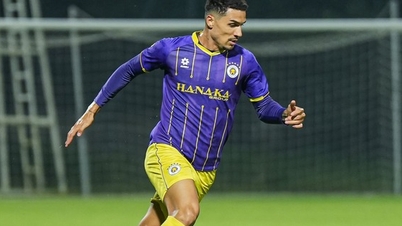

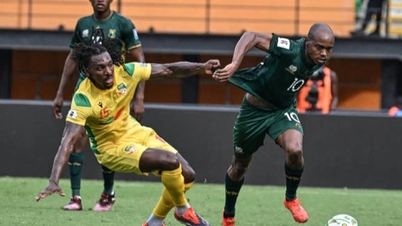

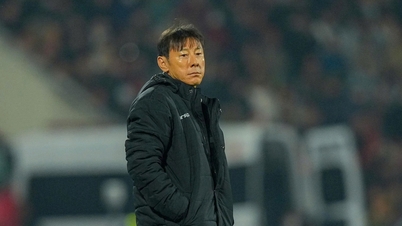

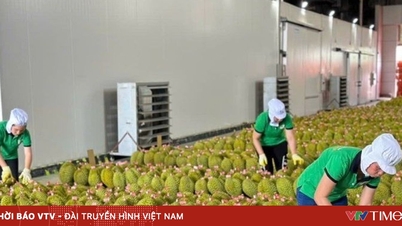



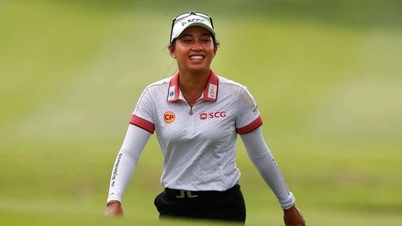



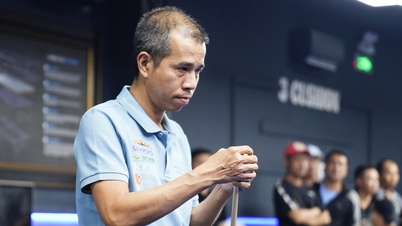













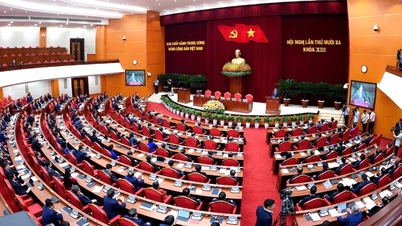






![[Video] TripAdvisor honors many famous attractions of Ninh Binh](https://vphoto.vietnam.vn/thumb/402x226/vietnam/resource/IMAGE/2025/10/16/1760574721908_vinh-danh-ninh-binh-7368-jpg.webp)


























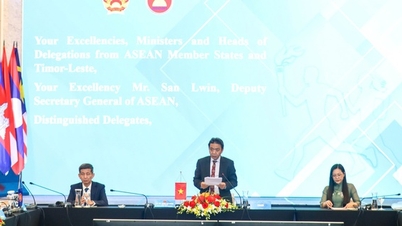
![[Photo] Nhan Dan Newspaper launches “Fatherland in the Heart: The Concert Film”](https://vphoto.vietnam.vn/thumb/402x226/vietnam/resource/IMAGE/2025/10/16/1760622132545_thiet-ke-chua-co-ten-36-png.webp)

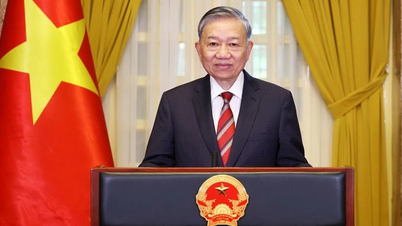




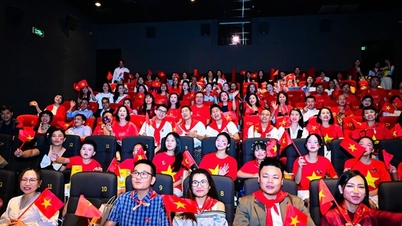

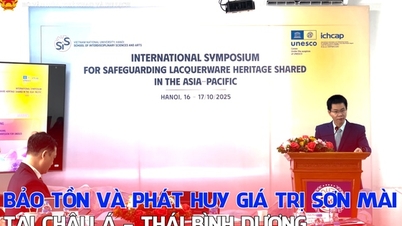

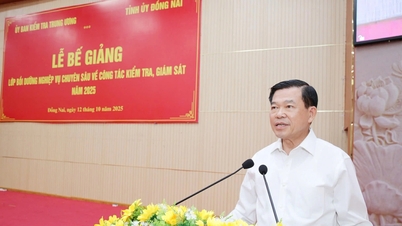



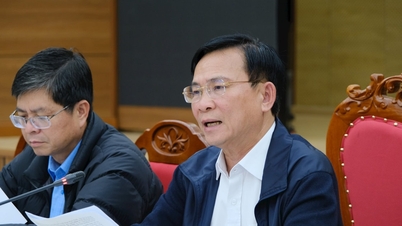

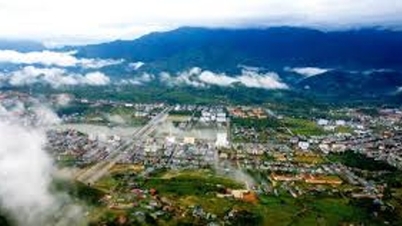


















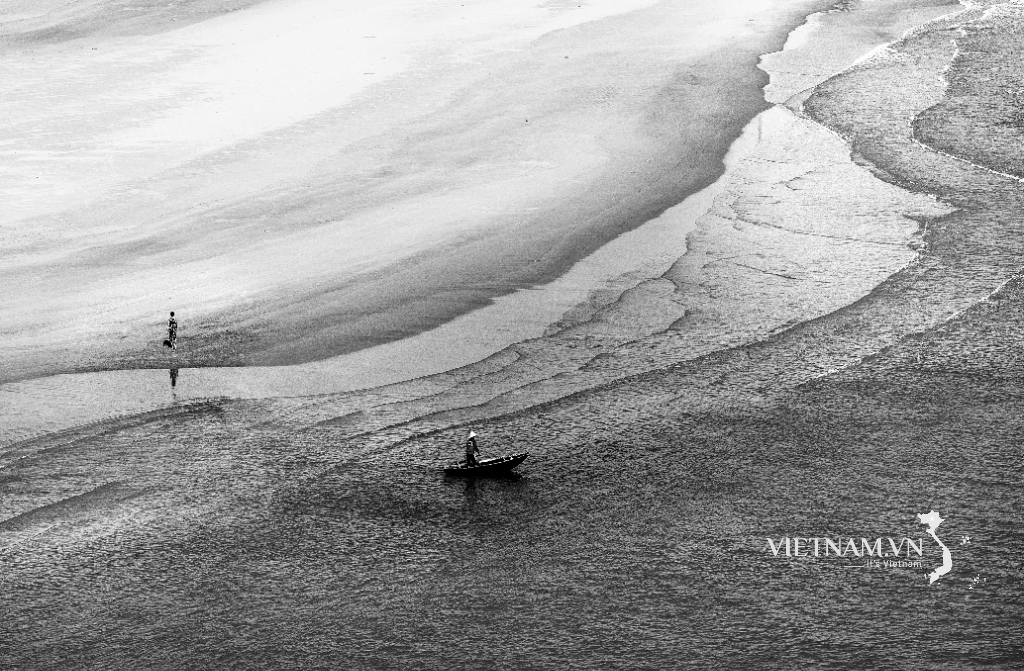


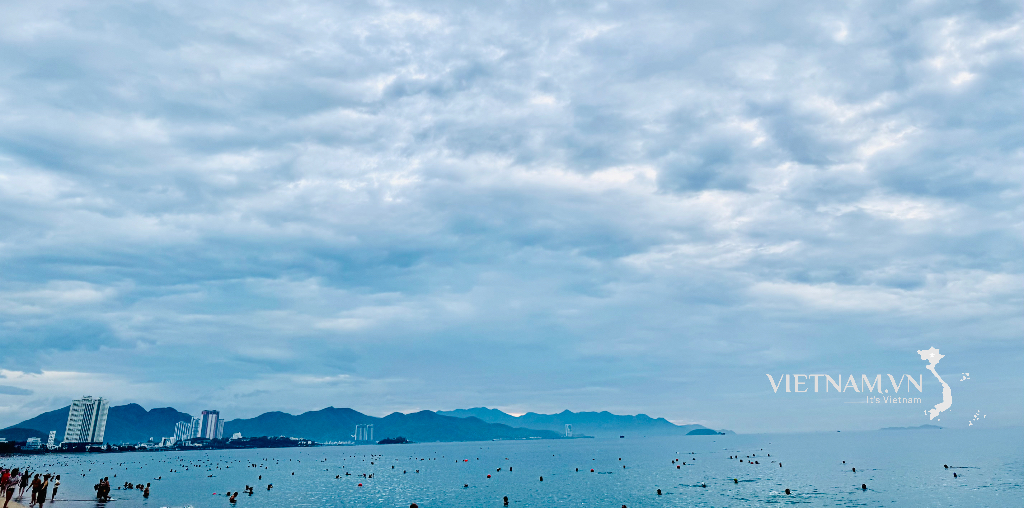
Comment (0)